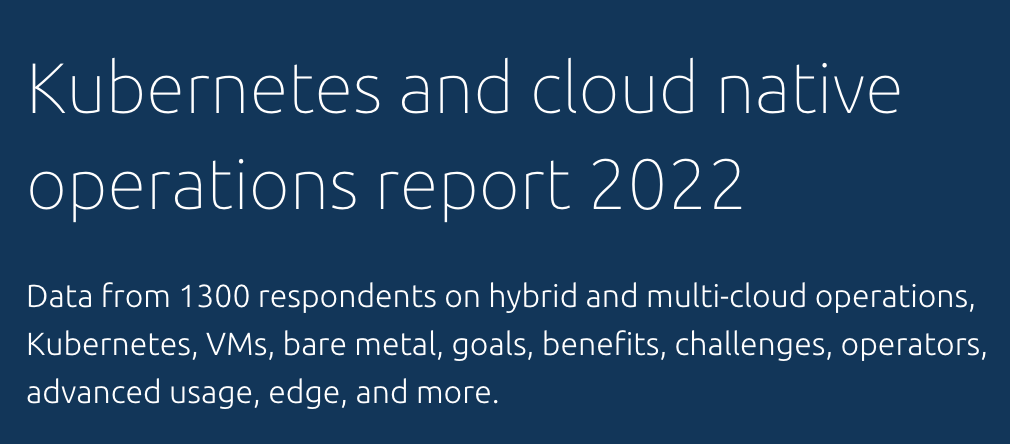Key Points
- Ubuntu and DjangoCon Africa 2025 unite in Tanzania for a five-day open-source conference promoting collaboration and learning.
- Canonical’s senior leaders and teams will host talks and workshops, sharing expertise on Ubuntu tools, careers, and global open-source trends.
- Hands-on sessions and community-driven discussions aim to boost opportunities for developers and businesses in Africa and beyond.
Ubuntu developers and open-source enthusiasts are set for a major gathering in Arusha, Tanzania, where UbuCon Africa 2025 will co-locate with DjangoCon Africa on August 11–15. This marks the first time a key Ubuntu-focused event lands on the African continent—a strategic move to spotlight the growing importance of open-source collaboration in underserved tech markets.
The five-day schedule begins with three days of technical talks, career advice, and open-source advocacy, addressing topics like programming, business strategies, and societal impact. Attendees can expect presentations from global speakers, plus live demonstrations and code-sharing sessions. Following these, the event shifts to practical workshops, led by industry experts, covering skills directly linked to Ubuntu technologies, such as Linux system administration, cloud computing, and contributing to open-source projects. Hands-on training will also focus on tools like LaunchPad, Multipass, and OpenStack, empowering participants to build, deploy, and manage software using Canonical’s ecosystem.
Canonical’s presence at UbuCon Africa is a standout feature. The company will send senior executives, including Sebastian Trzcinski-Clément (Global Head of Community) and Daniele Procida (Documentation Lead), who will deliver keynote speeches and lead community discussions. Other Canonical teams, including Ubuntu Server, Ceph, and Multipass, will join to showcase how their platforms solve real-world challenges. Workshops like “Finding Work in Global Tech” will guide developers seeking international career opportunities, particularly in open-source and Linux-based roles.
This event is more than a technical conference. It emphasizes open-source as a driver for innovation and economic growth, aligning with Canonical’s mission to expand Ubuntu’s reach. By hosting UbuCon Africa alongside DjangoCon, the organizers highlight cross-pollination between Python and Linux communities, catering to developers who often use Canonical tools in web and cloud environments. For African regions with limited access to tech training, the workshops provide free, high-quality learning resources, fostering local talent to contribute to global open-source projects.
The timing is significant. As Canonical pushes Ubuntu 25.04 (scheduled for April 2025), the event will help introduce new features like LTS (Long-Term Support) enhancements for enterprise users and improved AI integration. These updates could attract businesses and governments in Africa to adopt Ubuntu for infrastructure, education, or civic tech projects. Attendees will also learn about Ubuntu’s role in cloud and edge computing, particularly for developers balancing scalability and cost-efficiency.
For open-source advocates, the conference offers a chance to connect with Canonical employees behind Ubuntu’s core tools. Sessions will clarify how to contribute to projects like LaunchPad (Ubuntu’s development platform) or Ceph (distributed storage), lowering barriers for new developers. The inclusion of community-focused panels—such as “Building Inclusive Open-Source Spaces”—further underscores a trend toward addressing diversity and accessibility in tech ecosystems.
Locally, the event could spur economic opportunities. For example, Tanzania’s thriving tourism sector might benefit from open-source solutions in Njiro’s tech hub, and Diaspora Linux users could partner with African developers to create region-specific tools. Canonical’s support for such initiatives reflects a broader push to democratize access to open-source software and position Ubuntu as a flexible, locally relevant platform.
Ubuntu users in Africa, the diaspora, and beyond should note that this event is free to attend and streamed online. The workshops, in particular, are designed for varying skill levels—from Python basics to advanced cloud architecture—ensuring a resource for everyone from hobbyists to enterprise professionals. Canonical is also likely to announce new tools or partnerships during the conference, making it a must-follow for those wanting to stay ahead in Linux-based innovation.
Getting involved is straightforward. Interested participants can volunteer to present, join community groups in Njiro, or use the event website to register. Smaller regional Python and Ubuntu meetups might also emerge post-event, building on Arusha’s momentum. As open-source adoption grows in Africa, UbuCon Africa became a pivotal step in ensuring that Ubuntu remains a tool for global empowerment, not just enterprise IT.
Just how will this event shape the next wave of open-source talent from the continent? Follow Ubuntu and Canonical updates in the coming months to see what collaborations arise—and consider whether your skills could contribute to the next session of UbuCon Africa.
Upgrade your life with the Linux Courses on Udemy, Edureka Linux courses & edX Linux courses. All the courses come with certificates.








